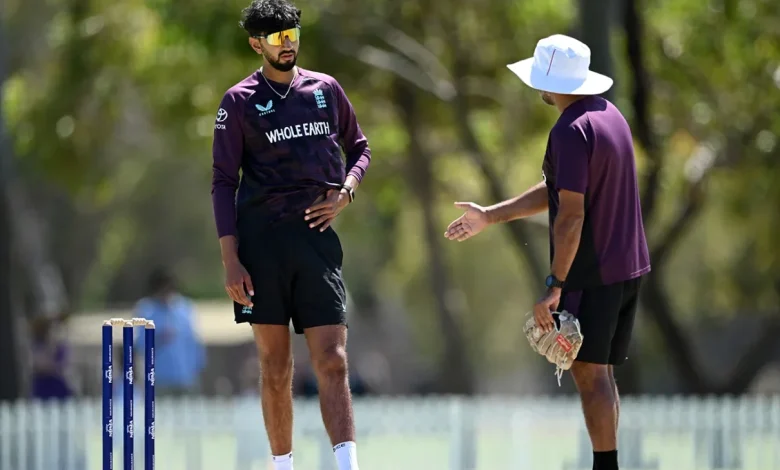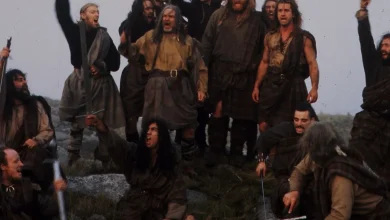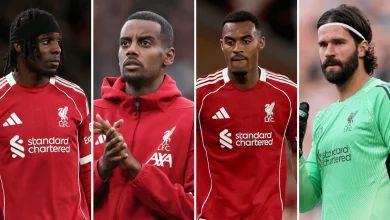England pick Bashir in 12-man squad for Perth

England have deferred their decision on whether to hit Australia with an all-pace attack in the first Ashes Test at Perth’s Optus Stadium after confirming a 12-man squad featuring both Mark Wood and Shoaib Bashir.
Ben Stokes and Brendon McCullum still have designs on letting their fast bowlers loose on what is expected to be the fastest pitch of the series. Wood is deemed fit, having recovered from a tight hamstring sustained in the warm-up match with the Lions last week. While he is expected to make the final XI, England are giving themselves time before deciding whether to go all-in with their seamers.
Wood bowled for 40 minutes at the Perth nets during Tuesday’s training session, and sent down just two overs on Wednesday afternoon, before taking part in light fielding drills on the outfield with physical preparation coach Pete Sim. He then had a long look at the pitch with stadium curator Isaac McDonald.
Wood would be one of five players in the XI with previous Test experience in Australia, along with Stokes, Joe Root, Zak Crawley and Ollie Pope. The 35-year old was also the standout quick on the 2021-22 tour, taking 17 wickets at 26.64.That includes a career best 6 for 37 in the last Test of that tour, a day-nighter in Hobart, when England also opted to field an XI without a specialist spinner. It was the second time they had done so in that series after the second Test in Adelaide (also a pink-ball match), which was acknowledged as an error in hindsight when seamer Ollie Robinson resorted to sending down a few overs of offspin.You have to go back to Boxing Day 1998 for the last time England fielded an XI for a red-ball match in Australia without a specialist spinner. They also did not field one in their last Test in July, against India at the Kia Oval, with Bashir out with a finger injury and Liam Dawson, his replacement for the fourth Test, dropped.
Bashir’s characteristics – a high release point and knack of overspin – suits Australian pitches, something Stokes and McCullum raved about when bringing him into the set-up at the start of 2024 for the tour of India.
It is worth noting that Nathan Lyon averages 20.86 at this ground, with 29 dismissals from five Tests, though is obviously a far more accomplished and seasoned operator than Bashir, whose 68 dismissals have come at 39.00 in his 19 Tests so far. The 22-year old struggled during the match between England and the Lions, bowling in three of the four innings and returning figures of 2 for 151 from 24 overs.
England squad for Perth Test
Ben Stokes (c), Jofra Archer, Gus Atkinson, Shoaib Bashir, Harry Brook, Brydon Carse, Zak Crawley, Ben Duckett, Ollie Pope, Joe Root, Jamie Smith (wk), Mark Wood





